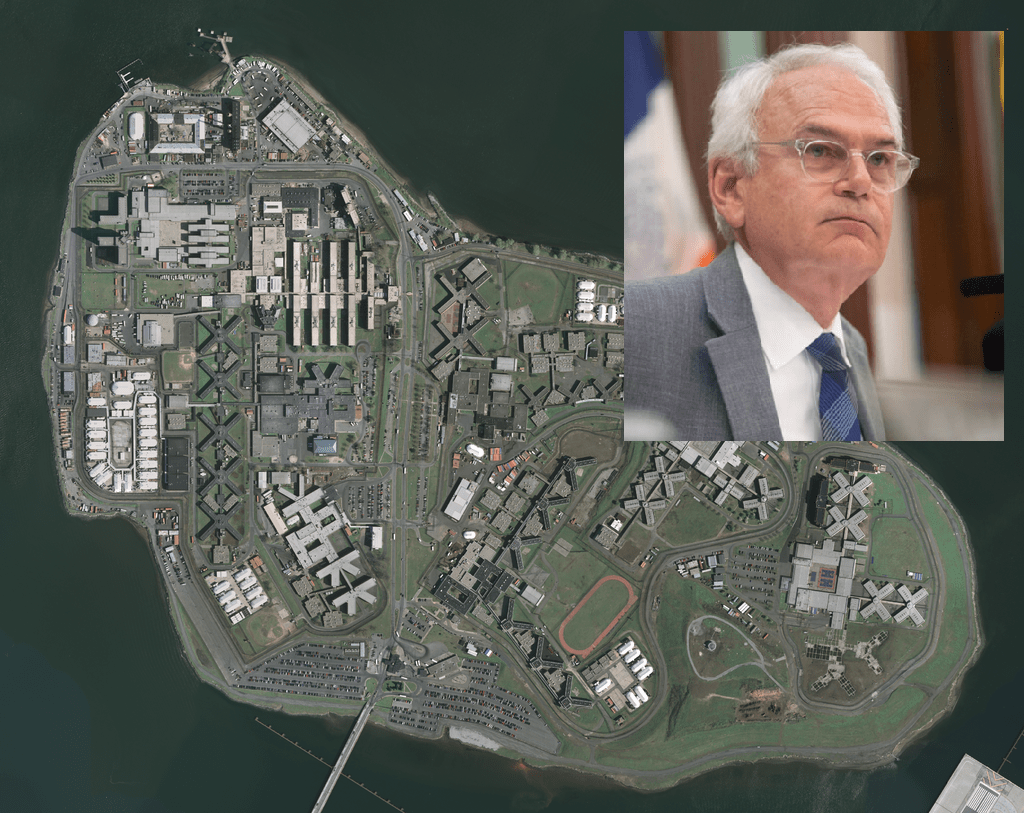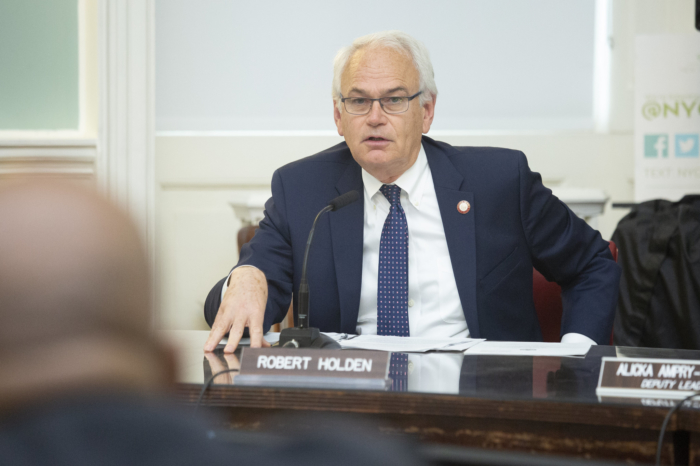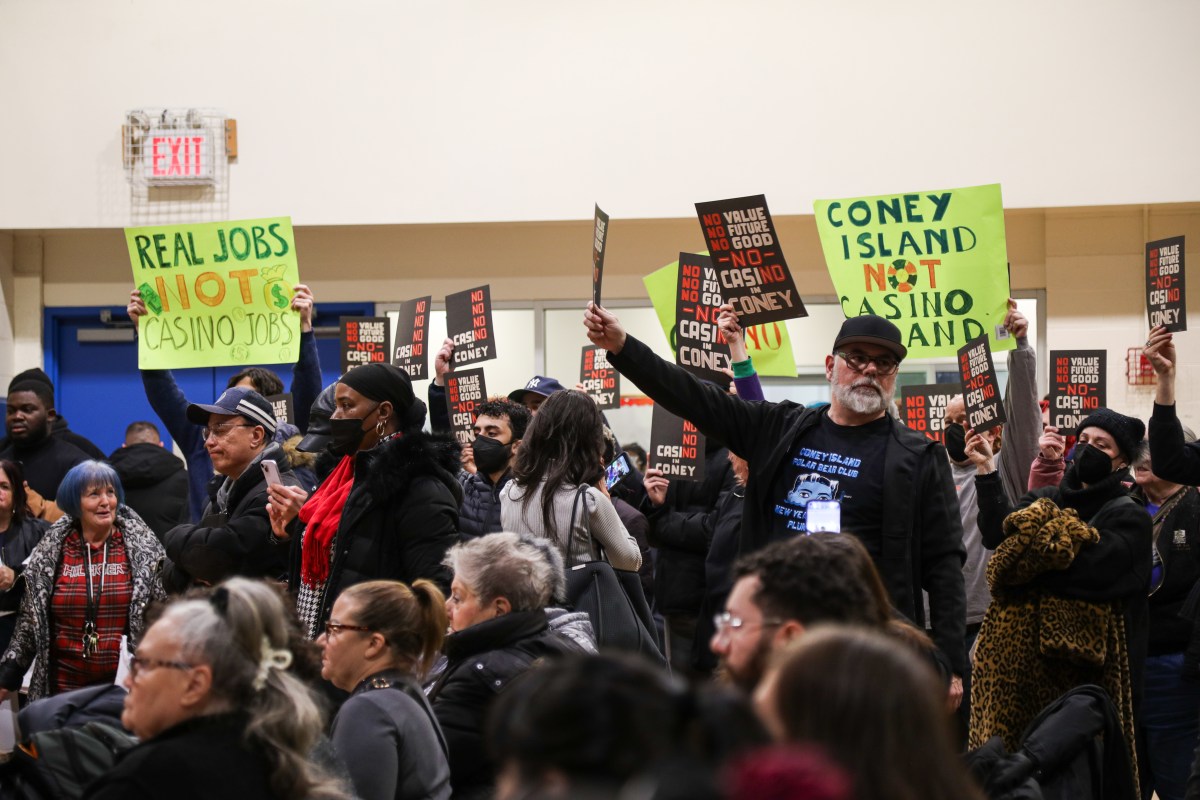In a letter signed by 43 elected officials and clergy members from across the country, James said told Senate members that the bill “goes against our fundamental values and will undermine rather than promote public safety.”
The legislation was named for Laken Riley, a 22-year-old University of Georgia nursing student who was murdered in February 2024 by Jose Ibarra, a Venezuelan national who faced a prior shoplifting charge while in the U.S. unlawfully. Ibarra was sentenced to life in prison without the possibility of parole for the Riley’s murder.
Supporters of the bill, which passed the House this week, maintain that if Ibarra had been detained for the shoplifting charge, Riley would still be alive. But James said Riley’s tragic murder should not lead to what she called a “harmful proposal.”
The requirement of federal detention for any undocumented person arrested for or accused of “any burglary, theft, larceny or shoplifting offense” before a conviction would run counter to the values of fairness and due process, James argued in the letter.
Long-term residents, minors and DREAMers (people brought to the United States as children by undocumented parents) could be swept up in detentions that Immigration Customs and Enforcement (ICE) would likely lack capacity to handle, she said.
“The very lynchpin of our criminal justice system is innocence until proven guilty, and this law would prevent the proper administration of justice by sweeping people into immigration detention before their cases can be tried and heard.”
James said she is especially concerned about the potential for domestic abusers to “weaponize” the law. She said it is common for those accused of domestic violence to falsely accuse the victim of theft, resulting in the arrest of both parties. In these situations, “the threat of ICE detention would become another tool of control,” said James.
She also argued that federal law already gives ICE the authority to detain noncitizens who pose a public safety risk or are convicted of certain serious crimes. Detaining undocumented individuals on a much larger scale would overwhelm the agency’s capacity, she said.
The bill, if passed, would come at an extremely high cost to an already underfunded agency, opponents say.
Senate Democrats estimate the cost of implementing the bill would be $83 billion over the next three years, and ICE is reportedly facing a $230 million budget shortfall even before carrying out any of President-elect Donald Trump’s plans for mass deportations.
Currently, immigration officials and courts prioritize detaining those who pose a serious risk to public safety, said James. If ICE vastly expanded detentions under the Laken Riley Act, it would likely have to let scores of others already in custody go free, she said.
The bill would also expand the power of state attorneys general to sue the federal government “for decisions or alleged failures related to immigration enforcement,” according to the bill’s text. It would also allow states to sue to allow no visas for citizens of countries that do not take back people deported from the U.S., which includes Russia, Honduras, Brazil and others.
James said giving states these new powers would grind courts to a halt with contentious litigation and would “upend our existing immigration processes.”
As the Senate prepares to vote Friday on the bill, an amendment to strike the expanded powers to state attorneys general was already voted down, while an amendment requiring detention for undocumented migrants accused of assault on a law enforcement officer was approved. More amendments may be considered as the process moves forward.
Support for the bill, though overwhelmingly from Republicans, has been somewhat bipartisan.
In the House, the bill was supported unanimously by Republicans and by 48 of 215 Democrats. Senators John Fetterman of Pennsylvania and Ruben Gallego of Arizona, both Democrats, co-sponsored the senate version of the bill.
James said the Laken Riley Act, if passed, is almost guaranteed to have unintended consequences. “Taken together, the impact of the law will be to undermine trust in law enforcement and hinder the pursuit of justice in the criminal system.”







































